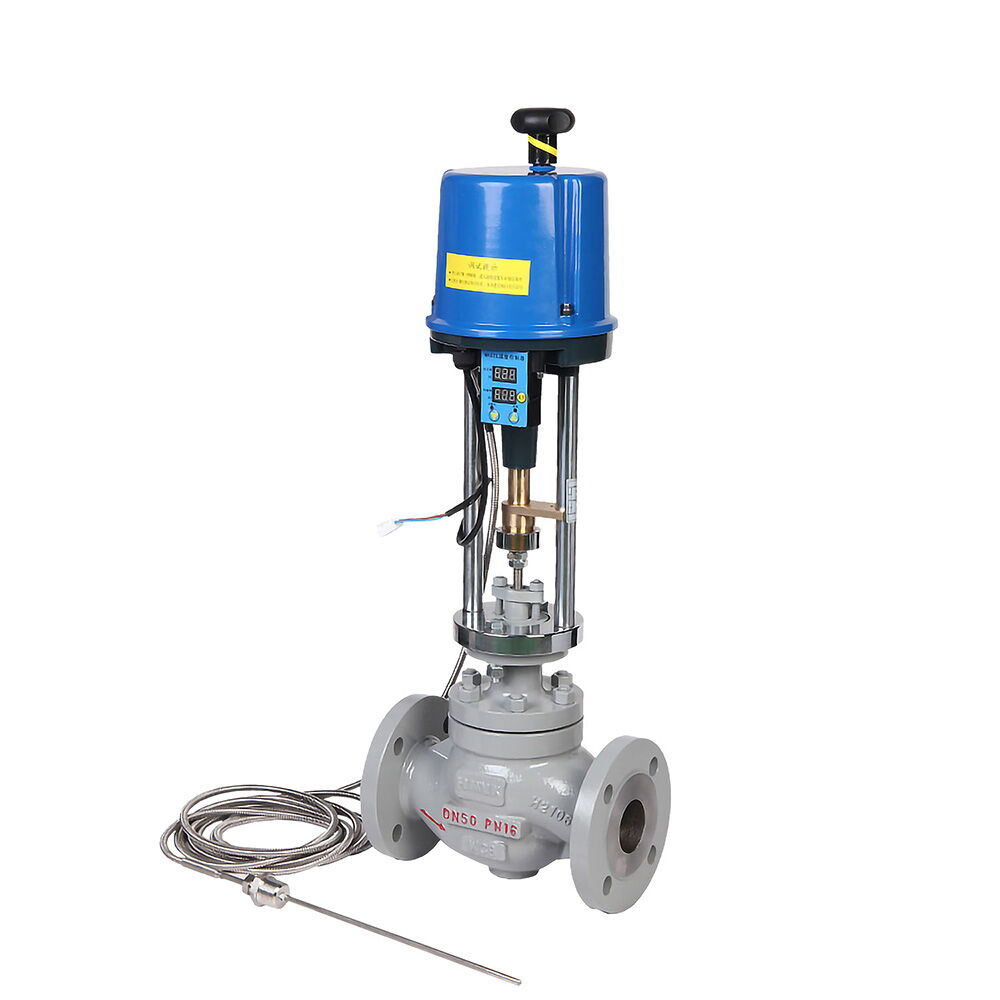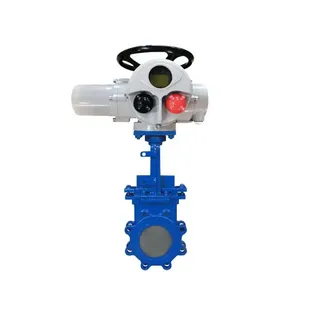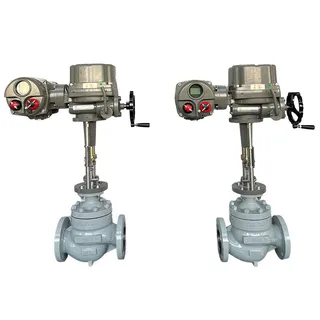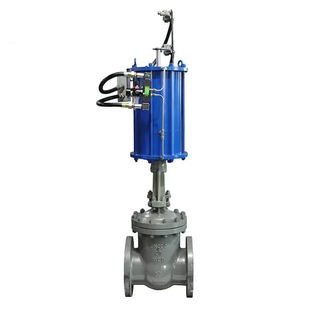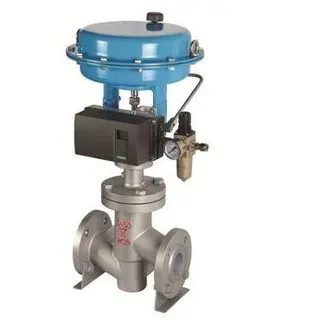Product Name: Electrical Temperature Control Valve
Size Range: 2 Inch, DN50
Pressure Range: Class 150 LB, PN16
Material: ASTM A216 WCB
End Connection: Flange, Welded, or Threaded End
Electrical temperature control valves mark a notable evolution in thermal management systems. Distinct from conventional valves that use mechanical systems for temperature adjustment, these valves employ electronic actuators to finely tune fluid flow in response to temperature signals from sensors. This modern method ensures a high degree of precision and reactivity in temperature control, guaranteeing ideal thermal environments across a spectrum of uses.
The essence of an electrical temperature control valve is its electronic actuator, which interprets signals from temperature sensors to adjust the valve's position instantaneously. When there is a fluctuation in the temperature of the fluid, the actuator acts by either opening or closing the valve to uphold the set temperature. This adaptive control system allows the valve to regulate fluid flow with precision, maintaining uniform temperatures throughout the system.
In summary, electrical temperature control valves are a major step forward in the technology of thermal management, providing accurate and efficient temperature regulation for a variety of industrial, commercial, and domestic applications. Their sophisticated electronic control systems offer unmatched precision and responsiveness, ensuring optimal thermal conditions and energy savings in systems that rely on fluid for heating and cooling. As technology advances, electrical temperature control valves are poised to continue leading the way in thermal management innovation, enhancing efficiency, dependability, and performance in temperature control systems globally.
Application
• Climate Control Systems: Within the realm of heating, ventilation, and air conditioning (HVAC), these valves are instrumental in managing the circulation of warm and cool fluids, ensuring exact temperature regulation in both commercial and residential settings.
• Manufacturing Processes: Across industries such as chemical production, food and beverage processing, and pharmaceutical manufacturing, electrical temperature control valves are vital for sustaining accurate temperature parameters, which are critical for the efficiency of processes and the quality of end products.
• Cooling Systems for Technology: They are also utilized in the thermal regulation of electronic devices, automotive cooling systems, and power plant operations. In these applications, the valves control the flow of coolant to keep equipment within the ideal temperature range for peak performance.
• These applications highlight the broad utility of electrical temperature control valves, showcasing their ability to enhance precision and efficiency in temperature-sensitive operations.
